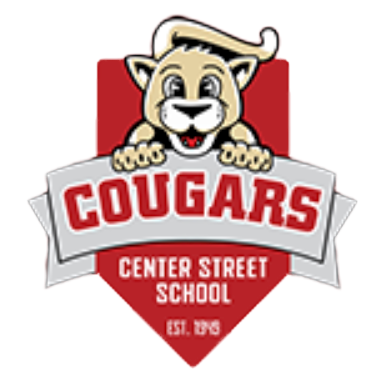Skip to content
Show submenu for About Us
Show submenu for Academics
Show submenu for Students
Show submenu for Parents
Show submenu for Programs
Programs
Calendar
Contact Us
Bulletin Board
Student Enrollment Info
Show submenu for PTA
Show submenu for
